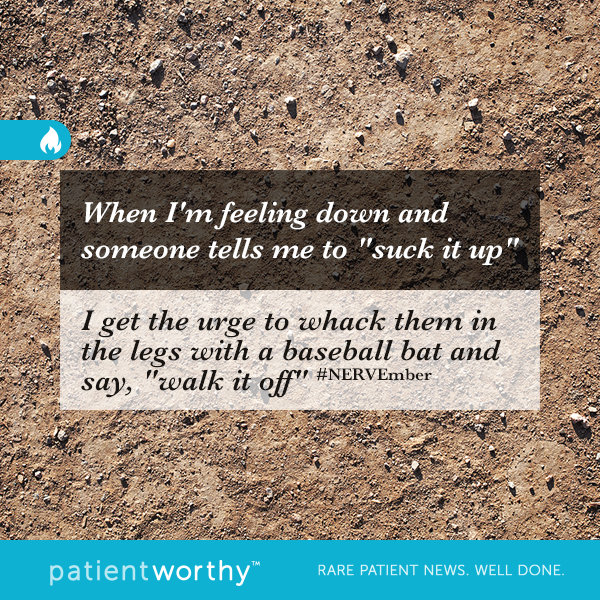Do you consider yourself a happy person? Are you cheery all the time?

Most of us are not, regardless of who we are or the conditions we may have—with or without antidepressants! But when your family is affected by a rare disease like chronic granulomatous disorder, there comes a time when you or your loved one may fall into a dark hole and need help.
The Chronic Granulomatous Disorder Society, also known as the CGD Society, is a charitable organization based in London, England and may be just what you need.
The work and outreach that the CGD Society does to help spread awareness is impressive.
For starters, their site is very family-friendly. It’s filled with a wealth of information that’s easy to understand—and it’s cheery! “Cheery” is so important when it comes to living with CGD because all too often adults, and especially children, have a very tough time physically and emotionally dealing with the day-to-day issues.

When you have to avoid crowds and or can’t participate in simple activities because you’re too afraid of catching a virus, it’s easy to feel down in the dumps.
It’s hard enough to “smile” and be “happy” sometimes even if you don’t have CGD, but it’s a real stretch to feel happy when you’ve got it.
Why? An inherited disorder, CGD can be life-threatening because the body isn’t able to fight off bacterial or fungal infections due to a mutated gene.
Infections can appear as an abscess, and CGD can also affect the bones. Patients can experience repeated lung infections, pneumonia, enlarged lymph nodes that may change in shape and size, bowel issues, and chronically inflamed gums.
Treatment is limited and may necessitate bone marrow transplants which can also be life-threatening. It sucks.
What really impresses me with the CGD Society is that it’s very apparent that they actually do CARE!
They understand that patients who suffer from CGD have to take medications for the rest of their lives, have limited lifestyles, and that without a cure or a “silver bullet,” it’s incredibly difficult to stay positive.
That’s why the society has listed several ways to help adults and children engage and talk about their feelings. Only by truly expressing yourself, can you really begin to come to terms with the impact of the disease and find a way to be happy.
So, I’d like to share some highlights from the society’s experts to encourage people to get the help they need and to have their feelings validated.
For the full list, click here; below is an abbreviated list that can get you started:
- Talk with somebody else like you who is living with CGD, or talk with another care partner. [The CGD Society offers this service for free. Visit their website for more information.]
- Chat with a CGD nurse since they are specialized in the disease.
- Talk with your parents, friends, and or relatives.
- Set up a parent-teacher chat and consider a parent-teacher-student chat, too.
- Meet with a licensed therapist, such as a counselor or psychologist, and/or talk to an ordained minister, rabbi, or an imam, etc.
- And although it isn’t on the official list by the CGD Society, talk to your pets (if they don’t aggravate your condition) because sometimes, when all else fails, there’s nothing like a cuddle from your kitty or doggie to let you know that you are not alone. Trust me, even talking to your fish can help you feel connected, too.


